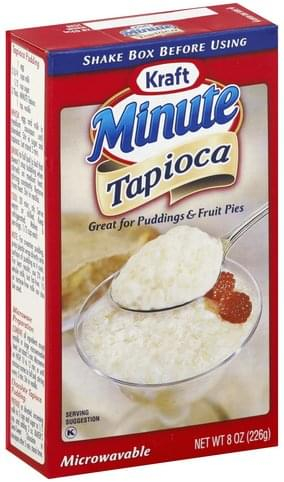Tapioca is a starch extracted from the cassava root. It is commonly used in cooking and baking to add texture and thickening properties to various dishes. Tapioca is gluten-free and can be used as a substitute for wheat flour in many recipes, making it a popular choice for those with gluten sensitivities.
One of the main nutritional components of tapioca is carbohydrates, which provide energy to the body. Tapioca is also low in saturated fat and sodium, making it a healthy choice for those looking to maintain a balanced diet.
Tapioca Nutritional Information
Tapioca Nutritional Facts
Here is a breakdown of the nutritional information for 1 cup (152g) of cooked tapioca:
- Calories: 544
- Carbohydrates: 135g
- Sugar: 2g
- Protein: 0.2g
- Fat: 0.1g
- Fiber: 0.2g
It is important to note that tapioca is high in carbohydrates, so it should be consumed in moderation, especially for individuals who are watching their carbohydrate intake.
Health Benefits of Tapioca
In addition to being a good source of energy, tapioca also contains some essential vitamins and minerals, including iron, calcium, and vitamin C. Iron is important for oxygen transport in the blood, while calcium is essential for bone health. Vitamin C is a powerful antioxidant that helps boost the immune system.
Overall, tapioca can be a nutritious addition to a well-rounded diet when consumed in moderation and as part of a balanced meal plan.
